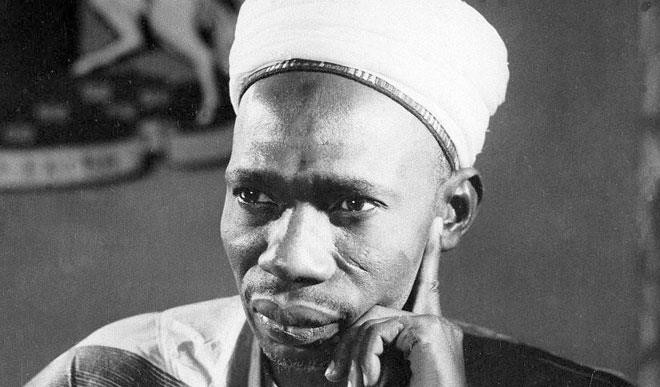In 1960, Nigeria gained independence from British colonial rule and established itself as a federal parliamentary democracy led by Sir Abubakar Tafawa Balewa, the first and only Prime Minister of Nigeria upon independence.
The country’s first parliamentary elections were held in 1964, and the National Party of Nigeria (NPN) won a majority of seats in the federal and regional assemblies.
In the early years of independence, Nigeria was led by a series of military dictatorships, with several coups and counter-coups taking place. However, in 1979, a new constitution was adopted and the country returned to civilian rule, with Alhaji Shehu Shagari becoming the first President of the Second Republic.




